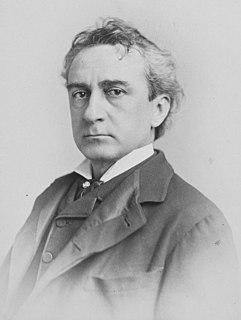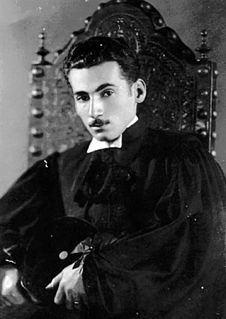A Quote by Reginald Horace Blyth
Regarding R. H. Blyth: For translations, the best books are still those by R. H. Blyth. . . .
Related Quotes
Regarding R. H. Blyth: Blyth's four volume Haiku became especially popular at this time [1950's] because his translations were based on the assumption that the haiku was the poetic expression of Zen. Not surprisingly, his books attracted the attention of the Beat school, most notably writers such as Allen Ginsberg, Gary Snyder and Jack Kerouac, all of whom had a prior interest in Zen.
Regarding R. H. Blyth: The first book in English based on the saijiki is R. H. Blyth's Haiku, published in four volumes from 1949 to 1952. After the first, background volume, the remaining three consist of a collection of Japanese haiku with translations, all organized by season, and within the seasons by traditional categories and about three hundred seasonal topics.
It seems to me that if one had kept silence up to now regarding religion, people would still be submerged in the most grotesque and dangerous superstition ... regarding government, we would still be groaning under the bonds of feudal government ... regarding morals, we would still be having to learn what is virtue and what is vice. To forbid all these discussions, the only ones worthy of occupying a good mind, is to perpetuate the reign of ignorance and barbarism.
Most of my library consists of books on the Catholic faith: conversion stories, books on saints and Early Church Fathers, Apparitions of Mary, prayer books, Scriptural resource books on Apologetics, Typology, concordances, bible dictionaries, bible encyclopedias and at least 40 bibles - both Catholic and Protestant editions in several different translations.
I had the advantage, that I know Swedish. So I had the Swedish book and I had a lot of English translations, and German translations, and I did everything to make the best English translation of August Strindberg's Miss Julie I could. And then, there I went. "Oh! I think she's thinking this, but I think she should say it!" And so on. It's wonderful to do that.































